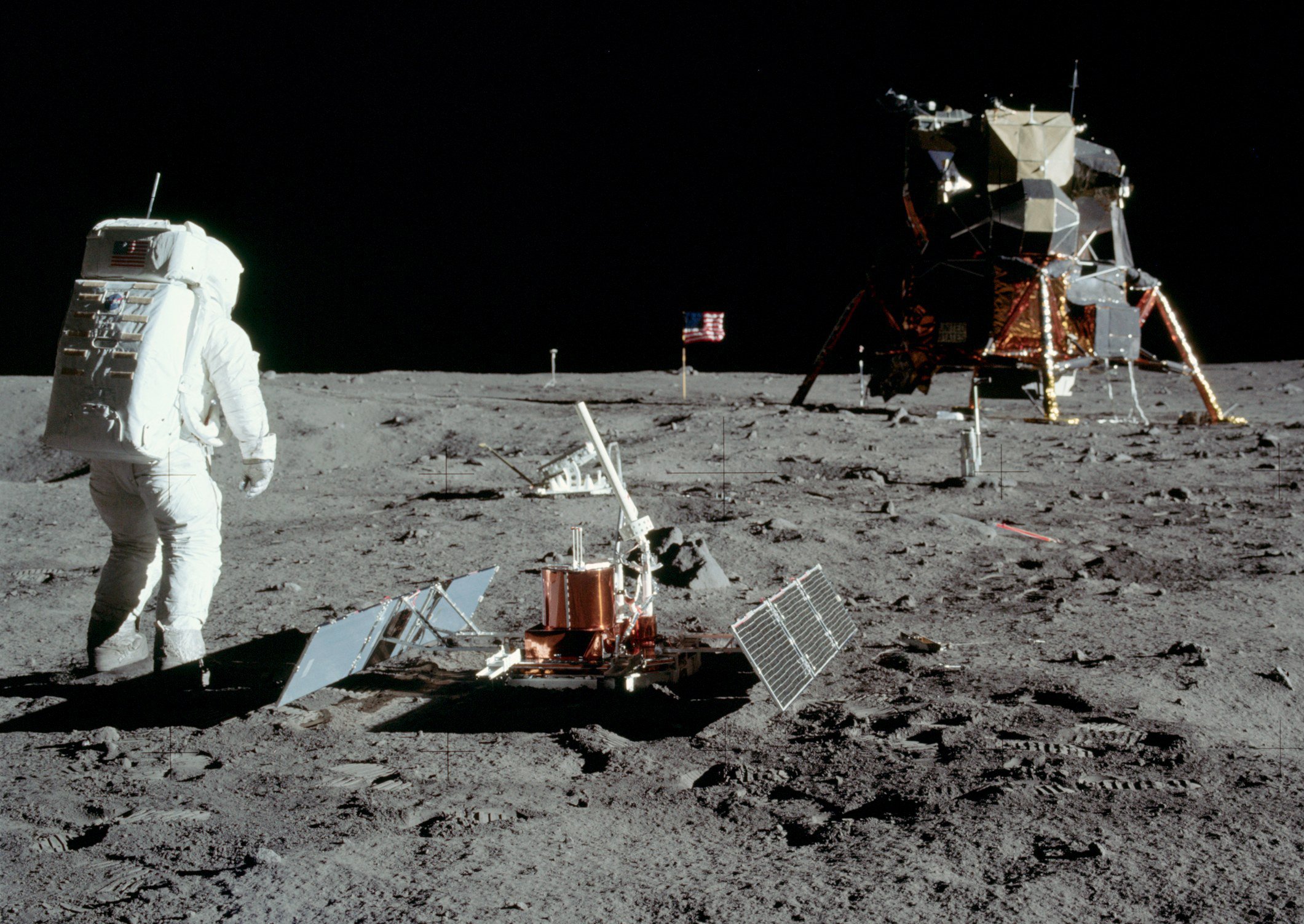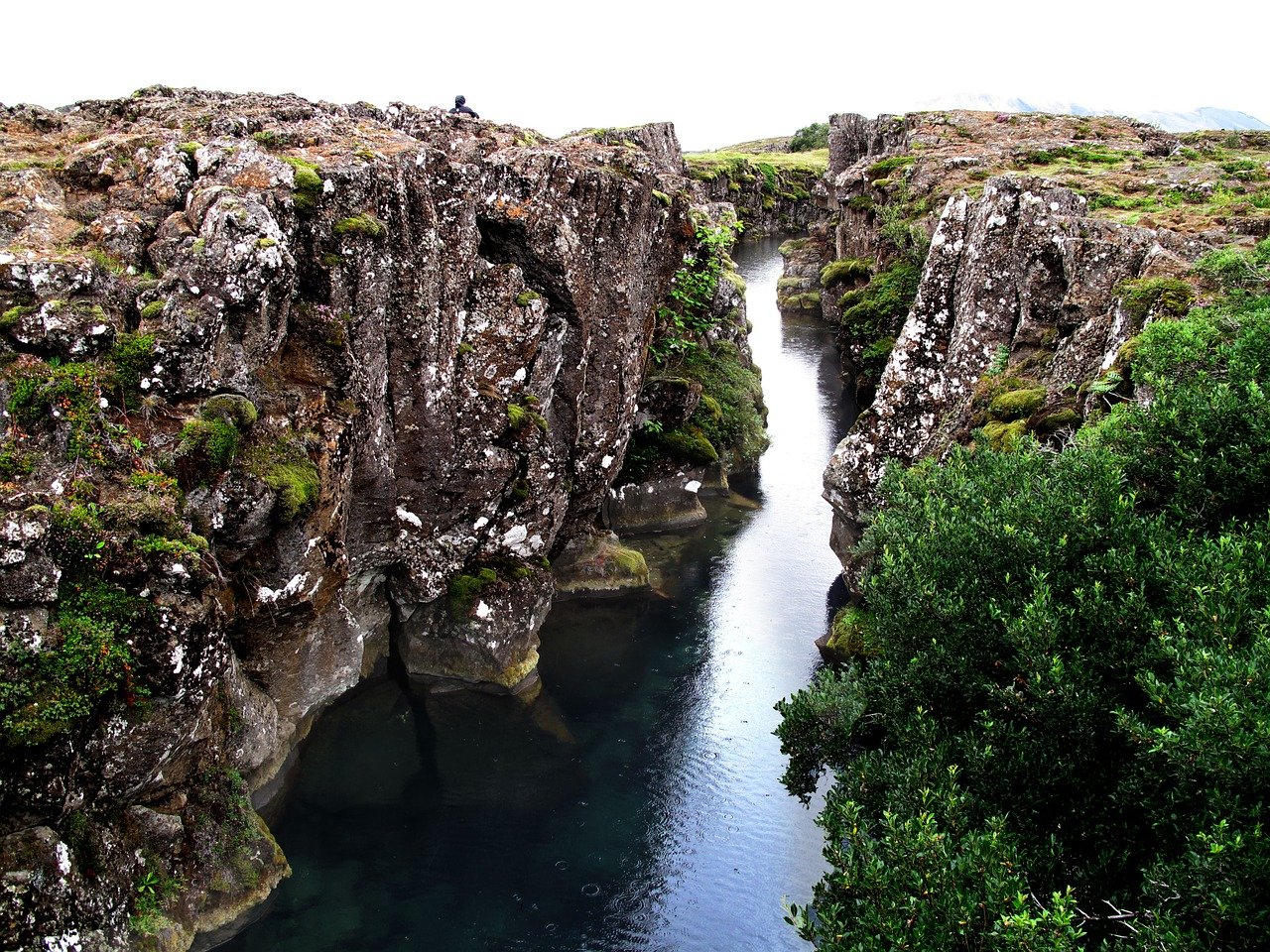Q&A: How Covid-19 hijacks human cells
The virus that causes Covid-19 hijacks human cells by exploiting a ‘doorway’ that is potentially also used by other deadly viruses such as HIV, dengue and Ebola, according to recent research that may help to explain why the coronavirus is so highly infectious to a wide range of organs in the body. Dr Yohei Yamauchi, a viral cell biologist at the University of Bristol, UK, who led the … Read more





